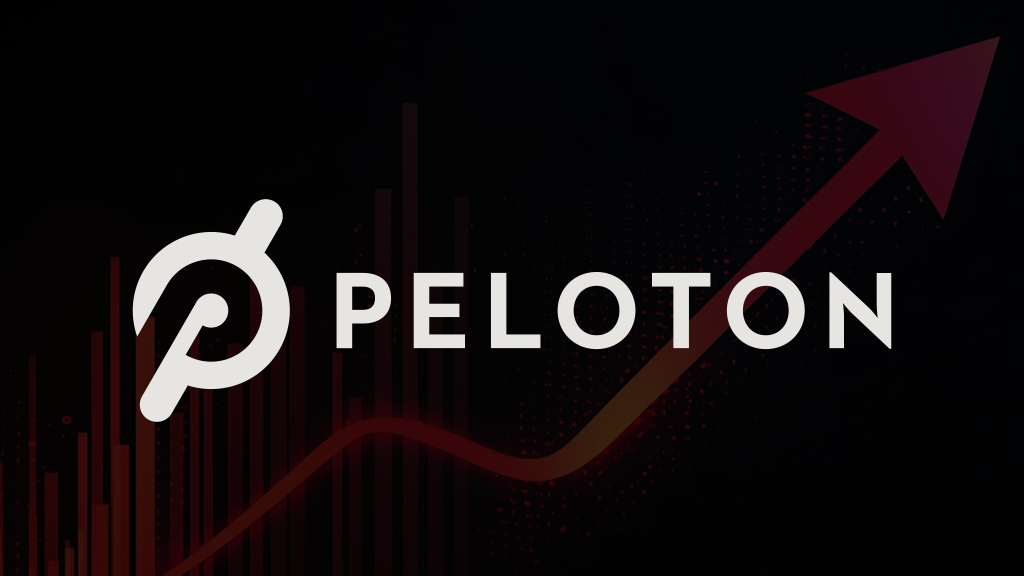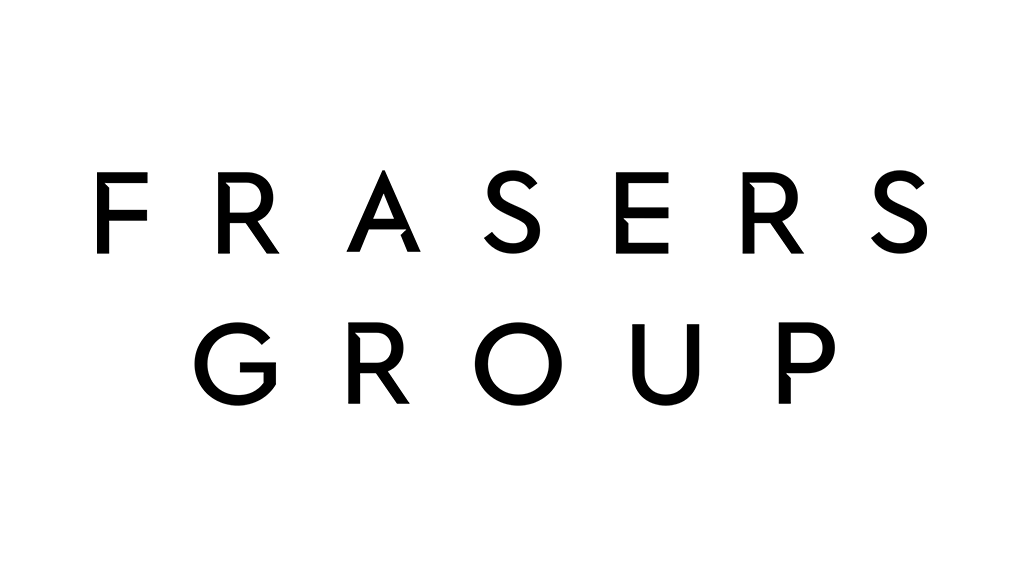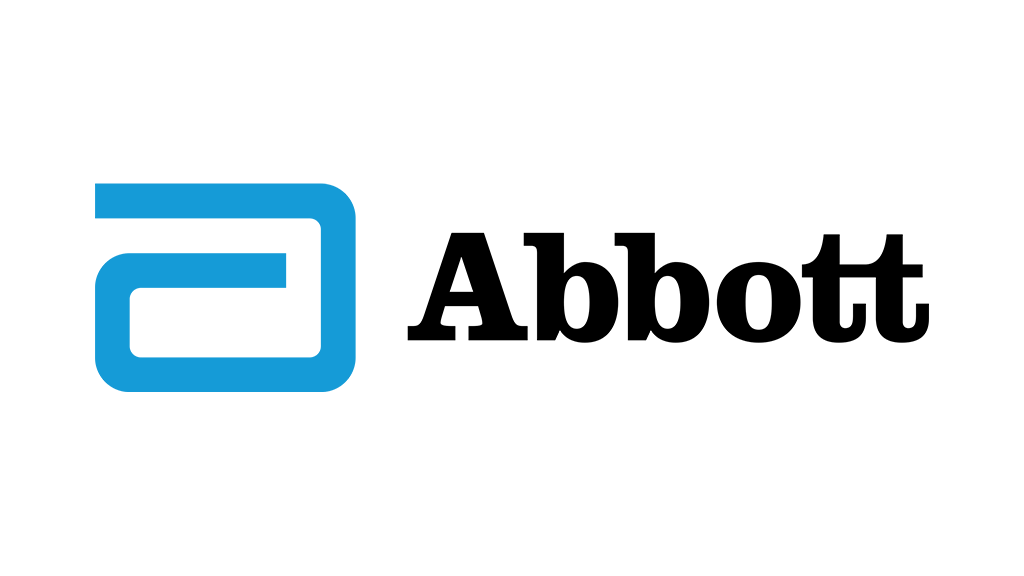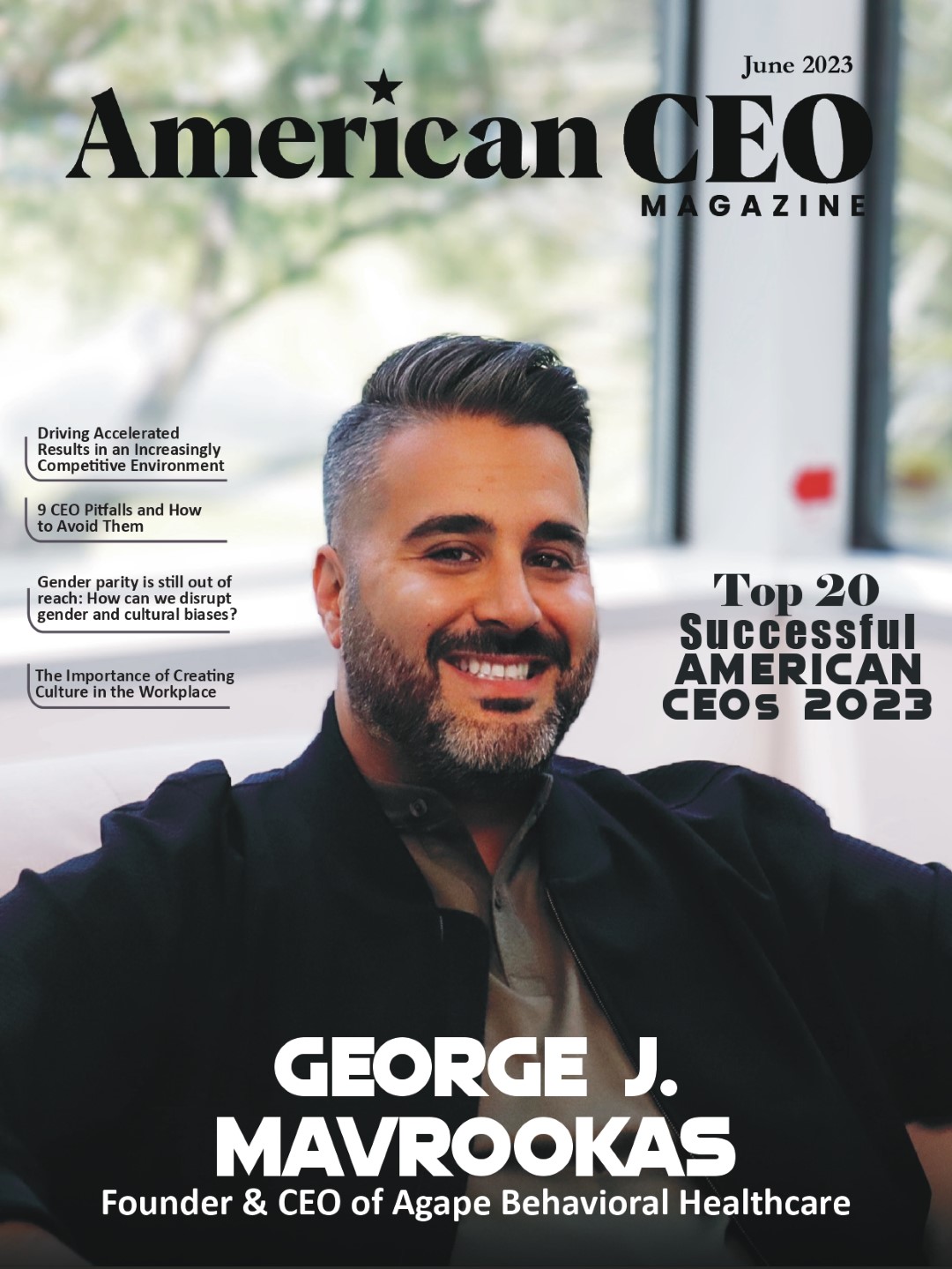Rick Ackerly
Leadership Coach
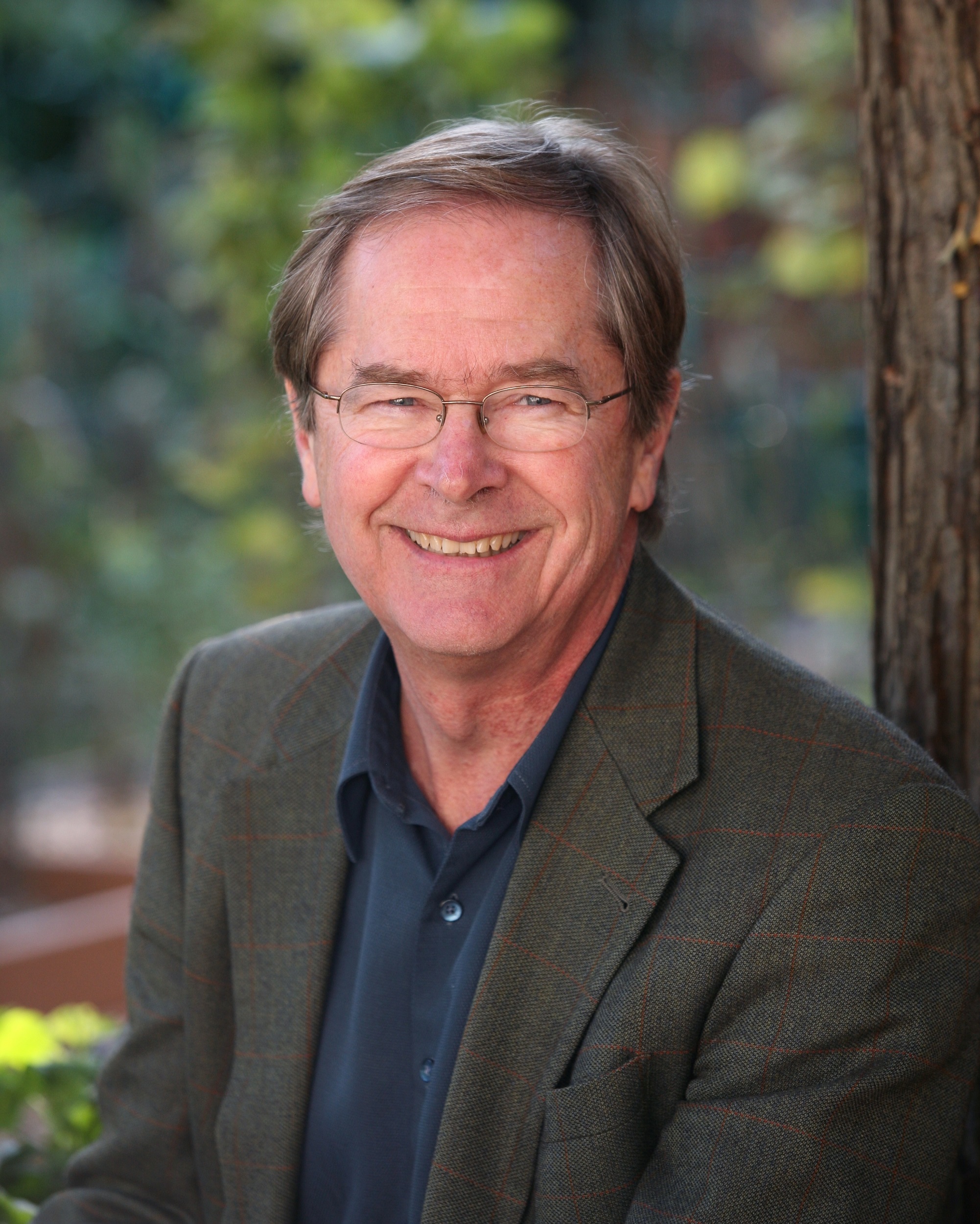
Rick Ackerly
Creating Leadership Cultures
“Who are the great leaders?”
The first time I was asked this question in a workshop on leadership, a 15-month-old popped to mind, and I found myself telling a story about a moment a couple of years ago when my wife Victoria and I were waiting in Los Angeles Airport for a flight to San Francisco.
We had just been told that our flight would be delayed. As we grumped into our seats that looked across the concourse at gate 70A to wait, a family of four caught our attention on the other side. A woman with a 15-month-old on her hip stood with her husband while their two-year-old son attacked his stroller in a rage.
We watched this painful scene in empathic agony for a while. Then Victoria said, “Look! A couple of your clients.”
I smiled at her joke, but as I kept watching this family in pain, my face changed. I got an inkling. “Hmmm. A couple of my clients,” I said to myself. I watched a little longer, and then, taking a small risk, I got off my seat, walked across the concourse and went up to them with no idea of what I would say. As I got within smiling distance, I smiled. When I was in speaking distance these words popped out of my mouth: “I just want you to know how impressed I am with how well you are handling this difficult situation.”
They both smiled, relaxed, and we started talking as the two-year-old continued to rage on.
While we talked, the mother put her daughter onto the terrazzo floor of the concourse. Barely able to walk, this little toddler toddled over to her big, raging brother and gave him a hug. He hugged her back, his rage subsided, and peace reigned again at gate 70A in LAX.
As I told the story, I realized it was not a story about a great person. It was about individuals exercising leadership in ways that created a leadership culture.
Victoria had exercised leadership by saying: “Look a couple of your clients.” That simple move changed the atmosphere, causing me to take leadership by deciding to do something—I didn’t know what. The mother exercised leadership by releasing her daughter, who showed up as the hero of the scene. It’s as if that 15-month-old had been sitting on her mother’s hip saying, “Put me in, coach. I know how to handle this situation.”
This little person’s actions changed the emotions of her big brother making him relax, reharmonize with the community, and bring peace back to gate 70A.
Each of us defined ourselves to the situation in our own way and our leadership created the conditions for bringing out the leadership in each other. This leadership changed the world in that moment.
We have to change our mindset. Leadership is not limited to a few special people. Leadership doesn’t have to be a big deal. The last thing leadership is, is an ego trip. If you think “it’s lonely at the top,” you’re not doing it right.
Leadership is defining yourself to the situation. It is about creating moments. It is a way of being in the world. Leadership occurs in moments when individuals define themselves to a situation with integrity in ways that increase leadership in others. Leadership is, actually, leading your life as close to the way you want to lead it as possible, a life of fulfilling relationships that keep us all growing and changing, creating and mattering. Leadership is an act of creativity.
Why doesn’t this happen more often? Because most of us, most of the time, go through life led by an executive self. This executive self has predefined us, and is worried about being wrong, being wronged, or being ostracized, often ignoring all the other resources of our brain.
But each of us has an inner resource available all the time to relieve our embattled self of its selfish burden—a voice that can help us get smarter, not madder. This resource manifests itself in all functional communities, and in all creativity. This phenomenon is the secret to liberating us from the tyranny of our executive self.
There are many names for it in cultures all over the world: muse, soul, psyche, spirit, the unconscious, Geist, kami…, and many cultures have named gods for it. I go back to an ancient Roman word for it: genius. Genius is the voice of your character, the you that is intent on becoming.
Treating others as if they have a soul, and forming partnerships with their genius, is the secret to transcending the human paradoxes we all suffer, and recreating our social context to increase the incidence of collaboration, creativity and contribution. When we work with others to create something of value, we also create relationships, and relationships are where power lies.
Leading our lives creates creative cultures and creative cultures are a breeding ground for leadership. Sometimes all it takes is a moment to recreate our social context, which is often all that is necessary for liberating minds to create something new and make the contribution we want to make in the world.
By focusing on creating wonderful moments, we create wonderful lives for others and ourselves, and quite possibly, create cultures that unlock creative potential.
I spent the bulk of my fifty-year career working with teachers and parents to fix broken schools. We took schools with declining enrollments and made them popular, happy schools that did a proper job of educating children—in every way including, but not limited to, test scores.
We did this by changing the culture. Contrary to popular opinion, the delivery system for education is not the textbooks, nor the curriculum, nor the standards, nor the test scores. The delivery system for education is culture. If you teach democracy in an authoritarian way, the young people learn to be authoritarian, rather than fully function members of a democracy.





























